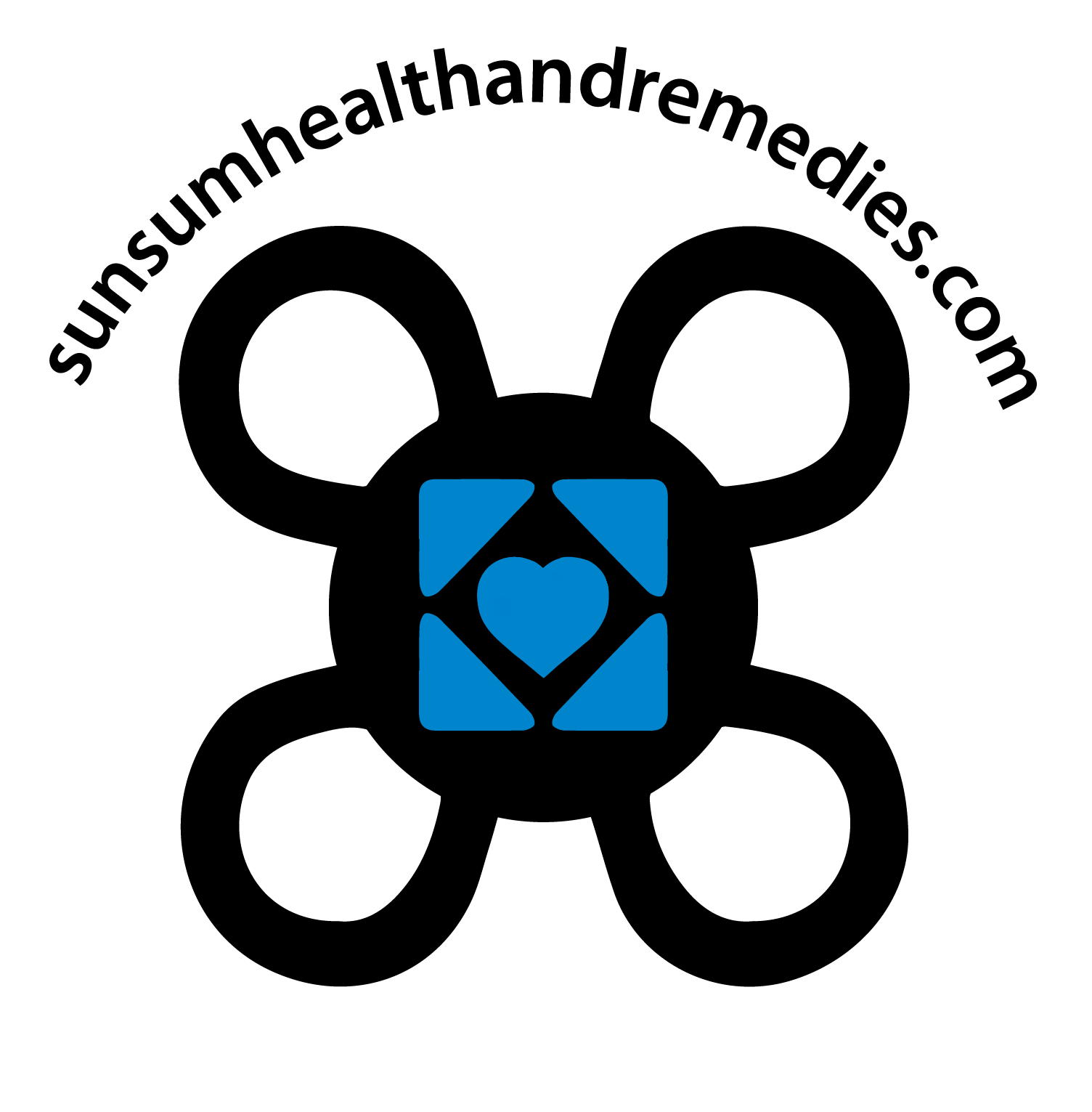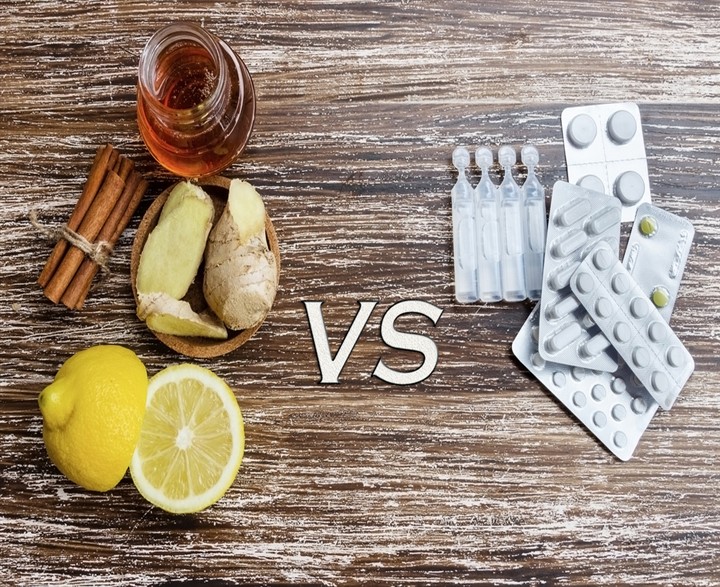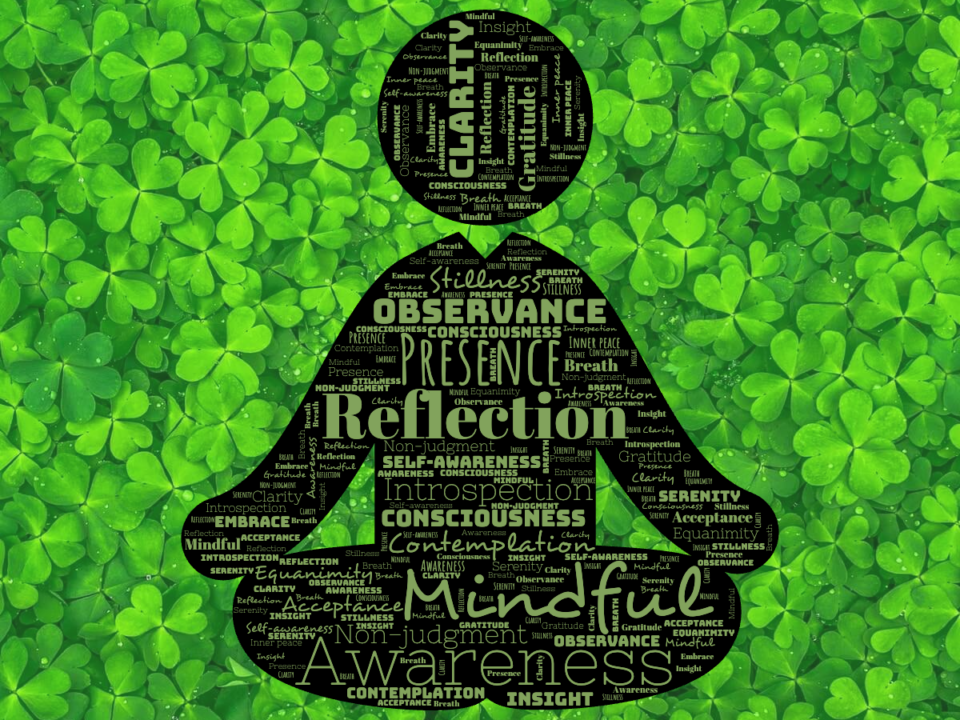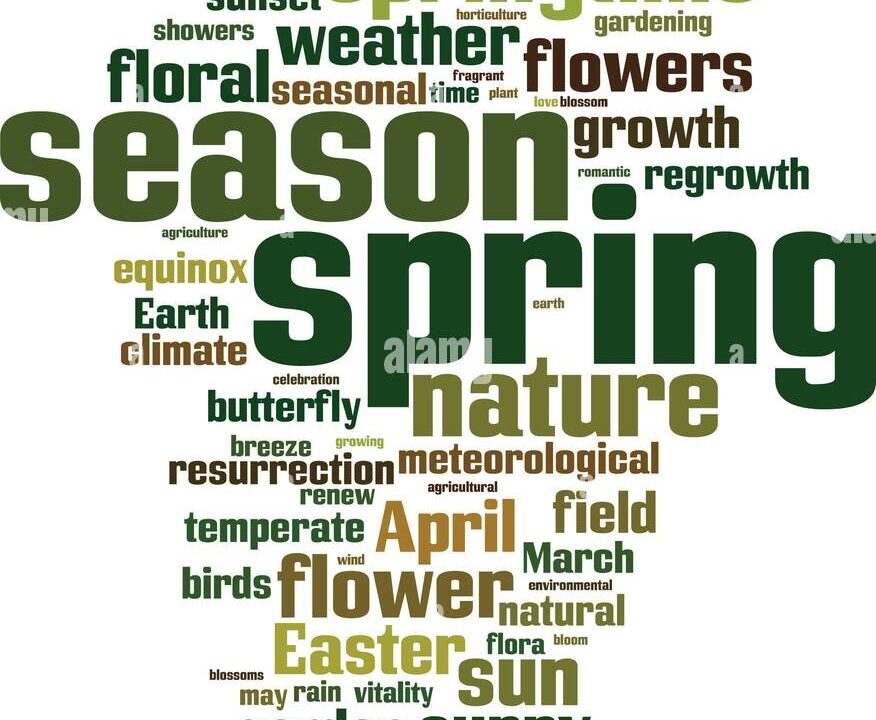Herbal medicine vs Conventional medicine

Therapist of the Month – September 2021
12/09/2021
TRY THIS! Medicinal herbal remedies
12/10/2021Herbal medicine is also known as herbalism that focuses on using the active ingredients in plants (like the roots, flowers, leaves, buds, seeds) to heal, soothe or cure ailments, chronic dis-ease, inflammation and even repair the body so it functions more effectively. Plants have always been around and used to nourish or heal the body, but instruction must be taken from a certified herbalist who knows and understands the power of each plant selected as many plants like alike but more be poisonous.
Sadly, living in a modern world means that we have lost many of the skills relating to selecting and using plants to heal or feed our body systems. There are many plants around us that may have healing properties. A great way to learn about healing plants, how to use them and what to do with them is to attend a holistic herbal health course or join a foraging walk.
Plant foraging is the skilled art to searching for plants in their natura, wild habitat/environment to use them to feed the body, sometimes just as part of a meal (like mushrooms) or for the selected plants healing properties. It is important to know how to prepare the foraged foods, so that all of the nutrients are not lost from the handling or preparation
The most common healing plants found easily in UK public spaces are:</p>
- dandelion;
- nettles;
- mushrooms;
- blackberries;
- gooseberries;
- strawberries;
- damsons;
- bramble leaves;
- wild sorrel leaves;
- bilberries;
- elderflower;
- sage;
- rosemary;
- mint;
- lavender.
Herbal medicine can be ingested in a number of forms – raw, tinctures, capsules, powders, juices. Some traditional herbalists boil the herbs and plants, so that it is taken like a fresh herbal tea.
What is conventional medicine? Conventional medicine is that which is produced by pharmaceutical companies and used to treat symptoms or remove the dangerous foreign bodies. It is the main type of medicine promoted as healthcare by medical doctors, nurses or specialists. Treatments come in many forms, such as pills, chemotherapy, liquid infusions, radioactive surgery, but what is offered depends on the type of medication, dis-order (and sometimes the preference of the patient). Most medication used needs to be advised by a medical professional to understand if its suitable and monitor how it affects the body.
Natural is always best in terms of feeding the body to perform at its best, but conventional medicine is used to suppress symptoms as a short-term solution, although medication users may end up using pharmaceutical medicine for a long time.
In terms, of the prevention is better than cure, it is important to understand how foods feed own body and consciously select that which keeps body strong or that which body is lacking. So, herbal medicine can be used as a preventive medicine, as part of a holistic health lifestyle and to soothe, heal or cure ailments. Herbal medicine is seen as a holistic, natural practice, whereas pharmaceutical medicine is manmade. If illness has set into the mind or body, the host needs to understand the causes of symptoms, so that the relevant factors can be removed as relevant.
Regardless of what type of medicine is used, empower yourself and do your own research so you can make an informed decision about which treatment is best.
Do your own sourced research, don’t just listen to specialists (herbalists or conventional medical professionals).




